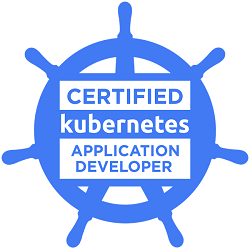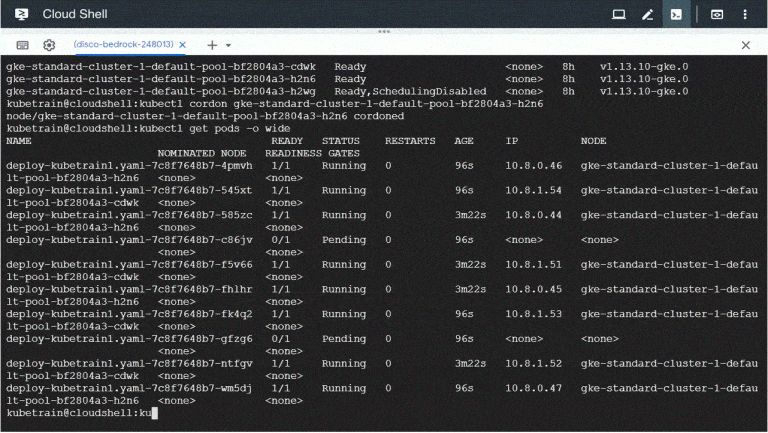Kubernetes Developer CKAD

The Kubernetes Developers CKAD Course is designed to teach how to use Kubernetes to deploy, scale, and manage containerized applications. Course objectives include understanding the Kubernetes architecture and components, interacting with a Kubernetes cluster using kubectl, using YAML manifests to define and deploy applications, implementing networking services to expose applications, managing storage for application data, implementing security and access best practices, integrating Kubernetes with Continuous Integration and Continuous Deployment (CI/CD) processes, and finally preparing for the Kubernetes Application Developer CKAD Certification exam .
Course Objectives
The main objectives of the Kubernetes Developer CKAD Course :
- Understand Kubernetes architecture.
- Use YAML manifests for applications.
- Create network services in Kubernetes.
- Manage storage for Kubernetes applications.
- Integrate Kubernetes into your CI/CD processes.
- Implement security measures and best practices to secure Kubernetes clusters and applications.
- Integrate Kubernetes deployments seamlessly into CI/CD pipelines for automated application delivery.
- Prepare thoroughly for the Kubernetes Application Developer CKAD Certification exam through hands-on labs and practice scenarios.
Course Certification
This course helps you prepare to take the:
Certified Kubernetes Application Developer CKAD exam
Course Outline
- What is Kubernetes
- Key Features
- High Level Architecture
- Control Plane Components
- Worker Node Components
- Kubernetes Advantages
Interacting with Kubernetes
- API Objects and Primitives
- Using kubectl Commands
- Managing Objects Imperatively
- Managing Objects Declaratively
- Hybrid Management Approach
- Choosing the Right Management Method
Application Design and Build
- Container Basics
- Creating Dockerfiles
- Building and Running Images
- Interacting with Containers
Pods and Namespaces
- Working with Pods
- Creating and Managing Pods
- Pod Lifecycle and Logs
- Network Communication in Pods
- Using Namespaces Effectively
Jobs and CronJobs
- Managing Jobs
- Creating CronJobs
- Configuring Job History
Volumes
- Kubernetes Storage
- Types of Volumes
- Persistent Storage
Multi-Container Pods
- Using Multi-Container Patterns
- Init Containers
- Sidecar, Adapter, and Ambassador Patterns
Labels and Annotations
- Managing Labels
- Label Selectors
- Working with Annotations
Application Deployment
- Creating and Managing Deployments
- Rolling Updates and Rollbacks
- Scaling Applications
Deployment Strategies
- Rolling Updates
- Fixed, Blue-Green, and Canary Deployments
- Use Cases and Trade-Offs
Helmet
- Managing Helm Charts
- Installing and Upgrading Charts
Application Observability and Maintenance
- API Deprecations
- Handling Deprecated APIs
- Identifying API Versions
Container Probes
- Health Checks with Probes
- Readiness, Liveness, and Startup Probes
Troubleshooting
- Debugging Pods and Containers
- Inspecting Events and Logs
- Using Port Forwarding
Application Configuration and Security
- Custom Resource Definitions (CRDs)
- Creating and Managing CRDs
- Implementing Controllers
Authentication and Authorization
- RBAC and Service Accounts
- Admission Control Policies
Resource Management
- Setting Resource Limits and Quotas
- Managing Limit Ranges
ConfigMaps and Secrets
- Managing Application Configurations
- Securing Sensitive Data
Security Contexts
- Defining Pod and Container Security
Services and Networking
- Creating and Managing Services
- ClusterIP, NodePort, and LoadBalancer Services
Entrance
- Configuring Input Controllers
- Setting Ingress Rules
Network Policies
- Applying Network Policies
- Traffic Flow Control
Course Mode
Instructor-Led Remote Live Classroom Training;
Trainers
Trainers are CISCO Official Instructors and certified in other IT technologies, with years of hands-on experience in the industry and in Training.
Lab Topology
For all types of delivery, the participant can access the equipment and actual systems in our laboratories or directly in international data centers remotely, 24/7. Each participant has access to implement various configurations, Thus immediately applying the theory learned. Below are some scenarios drawn from laboratory activities.

Course Details
Course Prerequisites
Basic runtime knowledge of containers and microservices architecture.
Course Duration
Extensive Duration 32 Hours; Intensive duration 4 days;
Course Frequency
Course Duration: 4 days (9.00 to 17.00) - Ask for other types of attendance.
Course Date
- Kubernetes Developer CKAD Course (Intensive Formula) – On request – 09:00 – 17:00
Steps to Enroll
Registration takes place by asking to be contacted from the following link, or by contacting the office at the international number +355 45 301 313 or by sending a request to the email info@hadartraining.com

